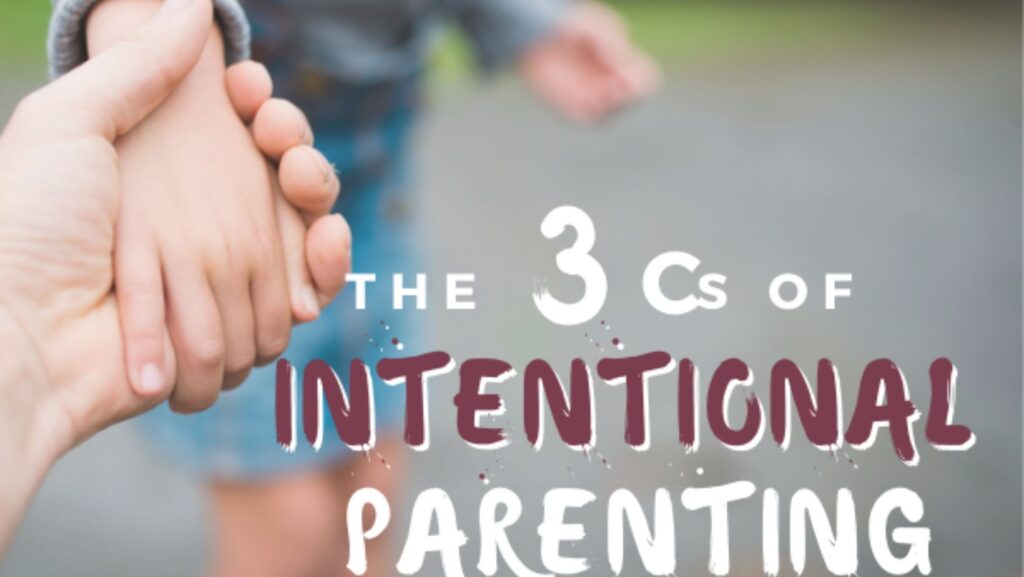Intentional Parenting
As a parent, I often find myself pondering the concept of intentional parenting. What does it truly mean to be intentional in raising children? It’s about being present and actively engaging with our kids, making conscious choices that align with our values and goals as parents.
Intentional parenting involves mindful decision-making, considering how our actions today will impact our children’s future. It’s about setting boundaries, fostering open communication, and instilling important life skills while nurturing a strong parent-child bond. By being intentional in our approach to parenting, we can help shape confident, resilient, and well-adjusted individuals.
In this article, I’ll delve into the key principles of intentional parenting, exploring strategies to cultivate a supportive and nurturing environment for children to thrive. From promoting emotional intelligence to encouraging independence and responsibility, embracing intentional parenting can lead to more meaningful connections within the family unit and empower children to reach their full potential.

Understanding Intentional Parenting
When diving into the realm of intentional parenting, it’s essential to grasp the core concept – the deliberate and mindful approach to raising children. This methodology involves being fully present in interactions with your child, making conscious decisions about their upbringing, and prioritizing their emotional well-being alongside their physical needs.
In today’s fast-paced world, intentional parenting serves as a beacon of guidance for many families. It emphasizes QUALITY over QUANTITY when it comes to time spent with children. Rather than just going through the motions, intentional parents focus on fostering deep connections, nurturing individual strengths, and instilling important values that will shape their child’s future.
One key aspect of intentional parenting is setting clear boundaries while maintaining open communication channels. By creating a safe space for children to express themselves freely without fear of judgment, parents can build TRUSTING relationships built on mutual respect. This foundation lays the groundwork for healthy parent-child dynamics and encourages positive behavior modeling.
Moreover, intentional parenting isn’t about perfection; it’s about INTENTION. Acknowledging mistakes, learning from them, and demonstrating humility are all part of the process. Embracing vulnerability allows parents to connect more authentically with their children and teach valuable lessons about resilience and empathy.
In essence, intentional parenting goes beyond mere caregiving; it embodies a mindset that shapes every interaction between parent and child. By approaching each moment with thoughtfulness and purpose, parents can nurture not only their child’s development but also cultivate a deeper sense of understanding and connection within the family unit.

Benefits of Practicing Intentional Parenting
Parenting is a challenging yet rewarding journey. When it comes to intentional parenting, the benefits are numerous and impactful. Here are some compelling reasons why practicing intentional parenting can make a significant difference in your child’s life:
- Enhanced Communication: By being intentional in your interactions with your child, you create a nurturing environment where open communication thrives. This leads to stronger parent-child bonds and fosters trust and understanding.
- Positive Behavior Modeling: Children learn by example, and intentional parenting allows you to model positive behaviors and values consistently. Your actions speak louder than words, shaping your child’s behavior and attitudes in a constructive way.
- Emotional Intelligence Development: Intentional parenting involves acknowledging and addressing emotions effectively. By teaching your child how to navigate their feelings in a healthy manner, you help them develop emotional intelligence which is crucial for success in various aspects of life.
|
Statistics |
|
90% of parents believe that being more present and attentive positively impacts their children’s well-being. |
|
Children raised by parents who practice intentional parenting show higher levels of self-esteem and resilience as they grow up. |
- Customized Support: Every child is unique with distinct needs and strengths. Intentional parenting allows you to tailor your approach based on your child’s individuality, providing customized support that nurtures their growth and development effectively.
- Long-Term Relationship Building: Investing time and effort into intentional parenting lays a strong foundation for long-term relationships with your children. Building trust, respect, and empathy early on paves the way for deeper connections as they transition through different stages of life.
Practicing intentional parenting requires dedication, patience, and a genuine desire to prioritize your child’s well-being. The benefits go beyond just the present moment; they shape the future trajectory of your child’s life in profound ways.

